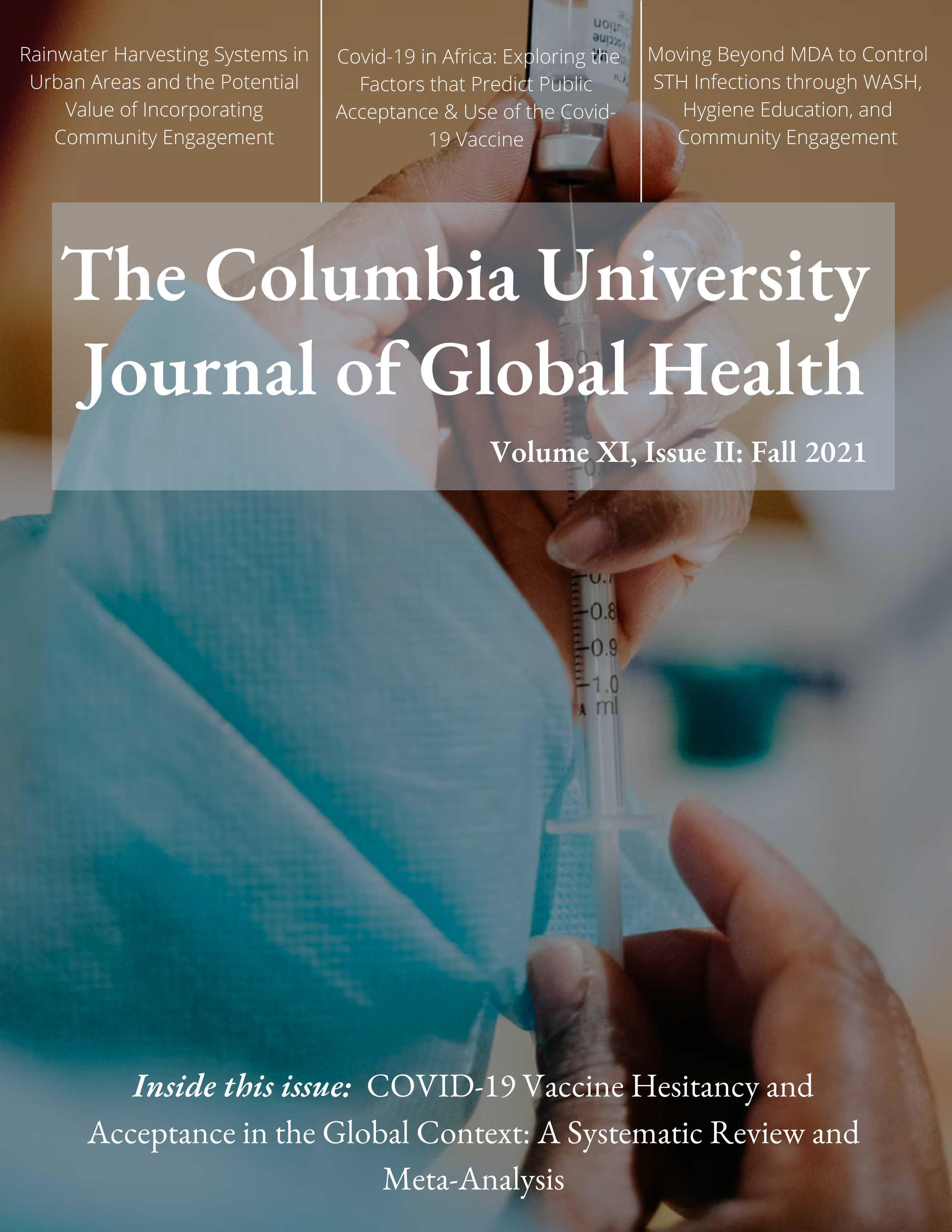COVID-19 Vaccine Hesitancy and Acceptance in the Global Context: A Systematic Review and Meta-Analysis
Main Article Content
Abstract
Large-scale vaccination is the only hope to end the COVID-19 pandemic. Previous studies show that many people are hesitant to get vaccinated and the COVID-19 vaccine hesitancy varies between countries and non-dominant groups. Our study aims to shed light on the latest trends in vaccine hesitancy and acceptance across countries and identify the predictors driving these trends in the global context. We used meta-analytic techniques to analyse the trends in vaccine hesitancy and acceptance, and a systematic review approach to analyse their predictors in the global context. We found that, across all studies, the acceptance and hesitancy rates for taking the vaccine are 64% and 21% respectively. The acceptance rate among healthcare workers was found to be higher than the general adult population (70% vs 61%). Female gender, concerns on side effects and perceiving the vaccine unsafe were the most reported predictors of hesitancy. Older age, higher educational level, flu vaccine history, and low perceived risks were found to predict COVID-19 vaccine acceptance. Many nations face huge challenges to get their significant proportion of populations immune to COVID-19. It is important to disseminate accurate information through trusted channels, and policymakers should address predictors of hesitancy when designing vaccination policies.
Article Details

This work is licensed under a Creative Commons Attribution 4.0 International License.

